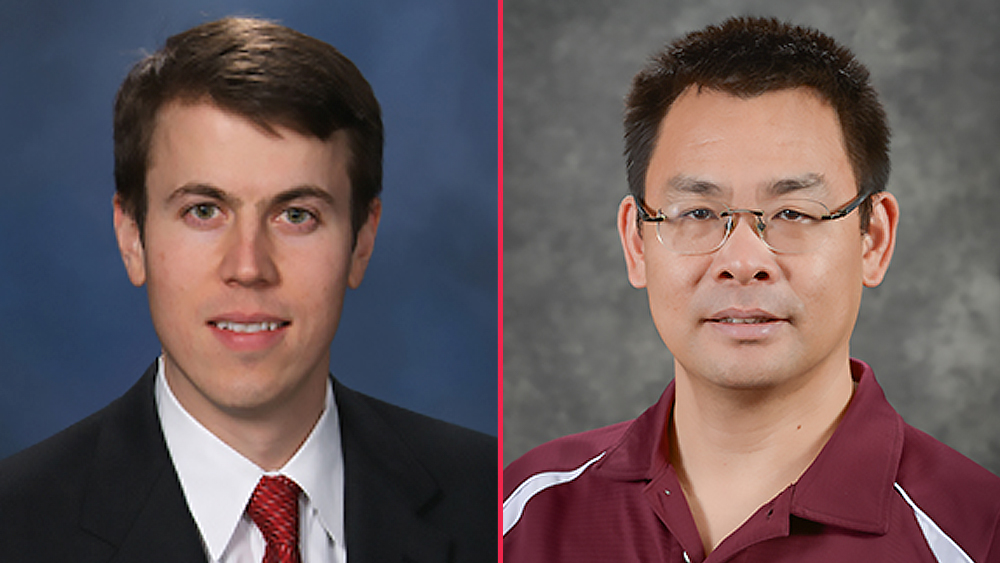
Dr. James Caverlee and Dr. Dezhen Song, professors in the Department of Computer Science and Engineering at Texas A&M University, were each chosen by the Amazon Research Awards program to receive financial support for their research project proposals. The program provides unrestricted funds and Amazon Web Services promotional credits to academic researchers investigating research topics across several disciplines.
Caverlee’s project is titled “Fairness in Recommendation without Demographics.” Recommendation algorithms are the building blocks for many of the platforms/applications we encounter every day that recommend jobs, news articles and social connections. In addition, there is a growing awareness about the importance of fairness in those recommendations.
Current fairness-enhancing methods depend on user demographics like race and/or gender to ensure that fairness properties are included in the training process of recommendation models. However, in many scenarios, it can be difficult to determine what demographic attributes and combinations to include because they are not always available and some are even prohibited from being collected by laws and regulations.
“Our goal is to investigate techniques and develop effective tools for enhancing fairness in recommender systems even in the absence of any user demographics,” said Caverlee. “That way we can expand the scope of fairness-related efforts in recommendation to cover these important scenarios.”
Song’s project titled “Optoacoustic Material and Structure Pretouch Sensing at Robot Fingertip” is a collaborative effort with Dr. Jun Zou, professor in the Department of Electrical and Computer Engineering at Texas A&M.
One of the grand challenges of robotics is the reliable grasping of unknown objects. As the use of robots expands from the factory floors to a wider service market, it is imperative that they have the ability to grasp an object with no prior knowledge of it. But while contactless detection of objects provides vital information about friction coefficient and applicable grasping force to plan for successful grasps to the robot, there are no existing sensors that can achieve this.
“In order to solve this problem, we propose to develop systems and algorithms to create a new type of miniature fingertip-mounted sensor that can detect and map object material type, shape and close-to-surface interior structure at close proximity without contact,” said Song.
Caverlee and Song were among 101 recipients representing 59 universities in 13 countries considered by Amazon during their fall 2020 call for research project proposals. Each award is intended to support the work of one or two graduate students or postdoctoral students for one year, under the supervision of a faculty member.